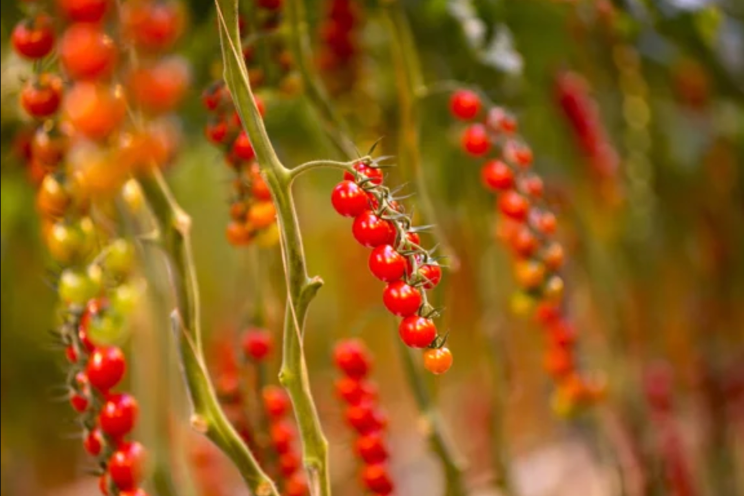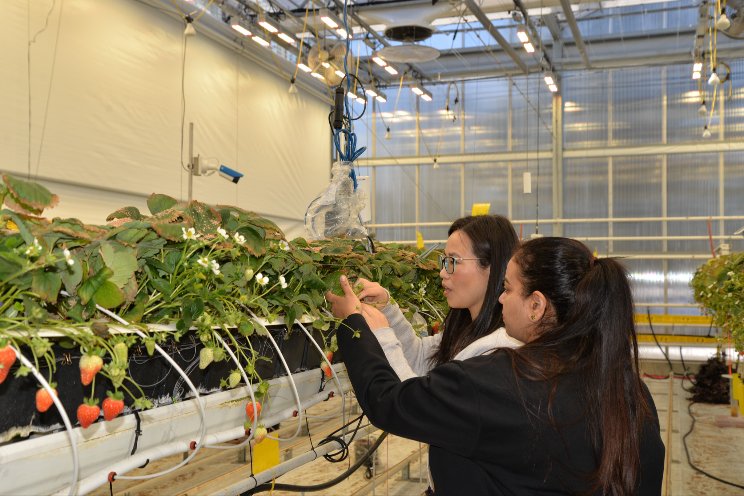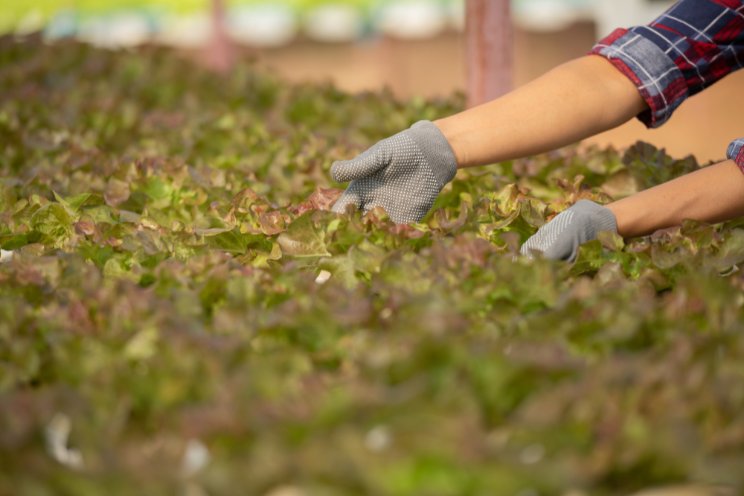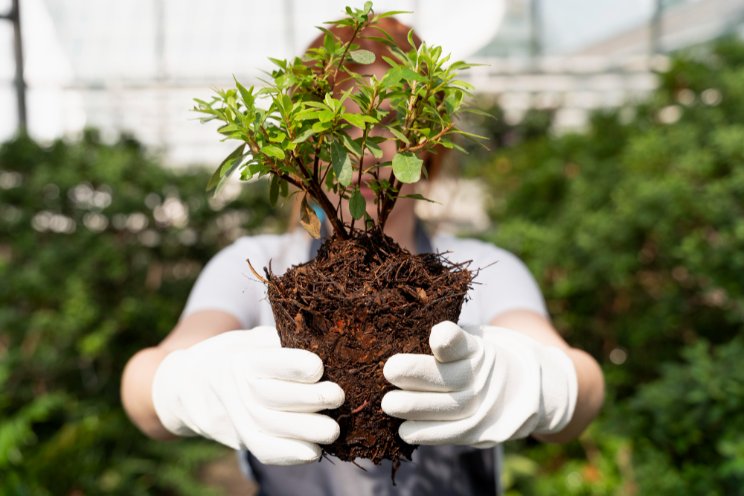Singapore embraces green revolution with VF
Added on 24 October 2023

Hydroponics and Vertical Farming: The Future of Agriculture
Traditional farming methods are hardly viable in Singapore, given its scarcity of land and high urban density. As a result, the city-state has embraced high-tech farming methods. Commercial hydroponics farms, like ComCrop, are pioneers in this field. They're leveraging technology to grow crops like sweet basil using 90% less water than conventional farming. The yields are promising too, with some rooftops producing nearly a ton of vegetables every month. Indoor vertical farms like Sustenir are also on the rise. With shelves of leafy greens stacked several layers high, these indoor farms maximize their use of space and precisely regulate temperature, humidity, and light for optimal growth. They're able to harvest crops all year round, independent of weather conditions, which is a significant advantage in Singapore's tropical climate.
Edible Skyscrapers and Community Gardens: Greening the Concrete Jungle
One of the most ambitious projects is the 1-Arden Food Forest, located on the 51st floor of the CapitaSpring skyscraper. This vertical garden produces about 200 pounds of produce monthly, including herbs, vegetables, and edible flowers, which are used in the building's restaurants. Meanwhile, Singapore's more than 1,900 community gardens foster a sense of community and educate residents about sustainable food production. These green spaces are not just about growing food - they're also about nurturing connections and promoting environmental stewardship among city dwellers.
Photo by Denys Nevozhai on Unsplash
More news















